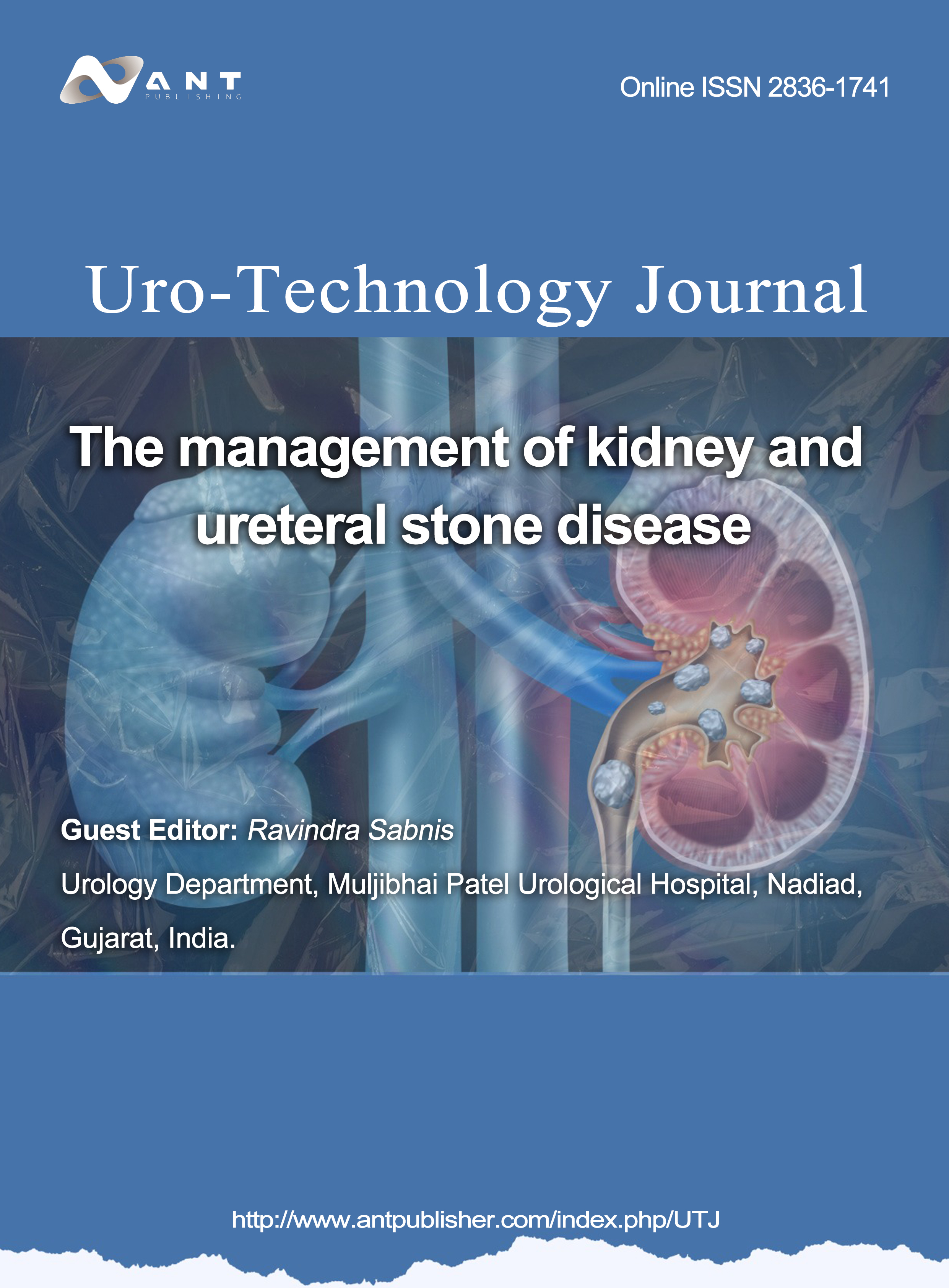Posted On 2024-09-13
Guest Editor: Dr. Guido GiustiHead of European Training Center of Endourology at Ospedale San Raffaele, Ville Turro Division, Department of Urology, IRCCS San Raffaele Hospital, Milan, Italy.Email: drguidogiusti@gmail.comWebsite: http://www.guidogiusti.it |
 |
Guest Editor: Dr. Ravindra SabnisUrology Department, Muljibhai Patel Urological Hospital, Nadiad, Gujarat, India.Email: rbsabnis@gmail.comWebsite: https://scholar.google.com/citations?user=MSgHVzYAAAAJ&hl=en |
 |
The world of Endourology is changing and so is the future of kidney stone management. New technology and technique coupled with better training has led to safer outcomes for ureteroscopy in stone disease. Along with technological advances, there is also more awareness and research into areas such as urinary microbiome and genomics. One of the latest developments in kidney stone management is the new Thulium Fibre Laser (TFL) and during in-vitro studies, it has shown a great potential for improved ablation, lower retropulsion and improved dusting. Although clinical trials have shown its safety in RIRS and PCNL, clinical comparison to holmium (Ho:YAD) laser is still limited. Concerns about temperature generated during laser lithotripsy are generally overlooked and largely not understood but are significant predictor of perioperative and postoperative outcomes. In order to focus more on generalizability and adaptability of technological advancements in terms of training and improvement of patient outcomes, and based on personalized stone approach with patient preference, This special issue brings together a diverse array of studies and expert opinions to offer a comprehensive overview
Manuscript Submission Information
Manuscripts should be submitted online at www.antpublisher.com through the online submission system. Once you are registered, click here to go to the submission form. Manuscripts can be submitted until the deadline. All papers will be peer-reviewed. Accepted papers will be published continuously in the journal (as soon as accepted) and will be listed together on the special issue website. Research articles, Review articles as well as Therapeutic Brief are invited. For planned papers, a title and short abstract (about 100 words) can be sent to the Editorial Office for announcement on this website.
Submitted manuscripts should not have been published previously, nor be under consideration for publication elsewhere (except conference proceedings papers). All manuscripts are thoroughly refereed through a single-blind peer-review process. A guide for authors and other relevant information for submission of manuscripts is available on the Instructions for Authors page. UTJ is an international peer-reviewed open access quarterly journal published by ANT.
Please visit the Instructions for Authors page before submitting a manuscript. Considering limited grants for some researchers, Prof. Ravindra Sabnis and the editorial office made the decision that Article Processing Charges will be fully exempted, which means that there is NOT any manuscript processing or publication fees for your article once accepted after standard peer-review.
Submission Deadline
January 31, 2025
Participants
Contacts
Annie Ruan, Assistant Editor, utj_annieruan@antpublisher.com
Updated on November 24, 2023